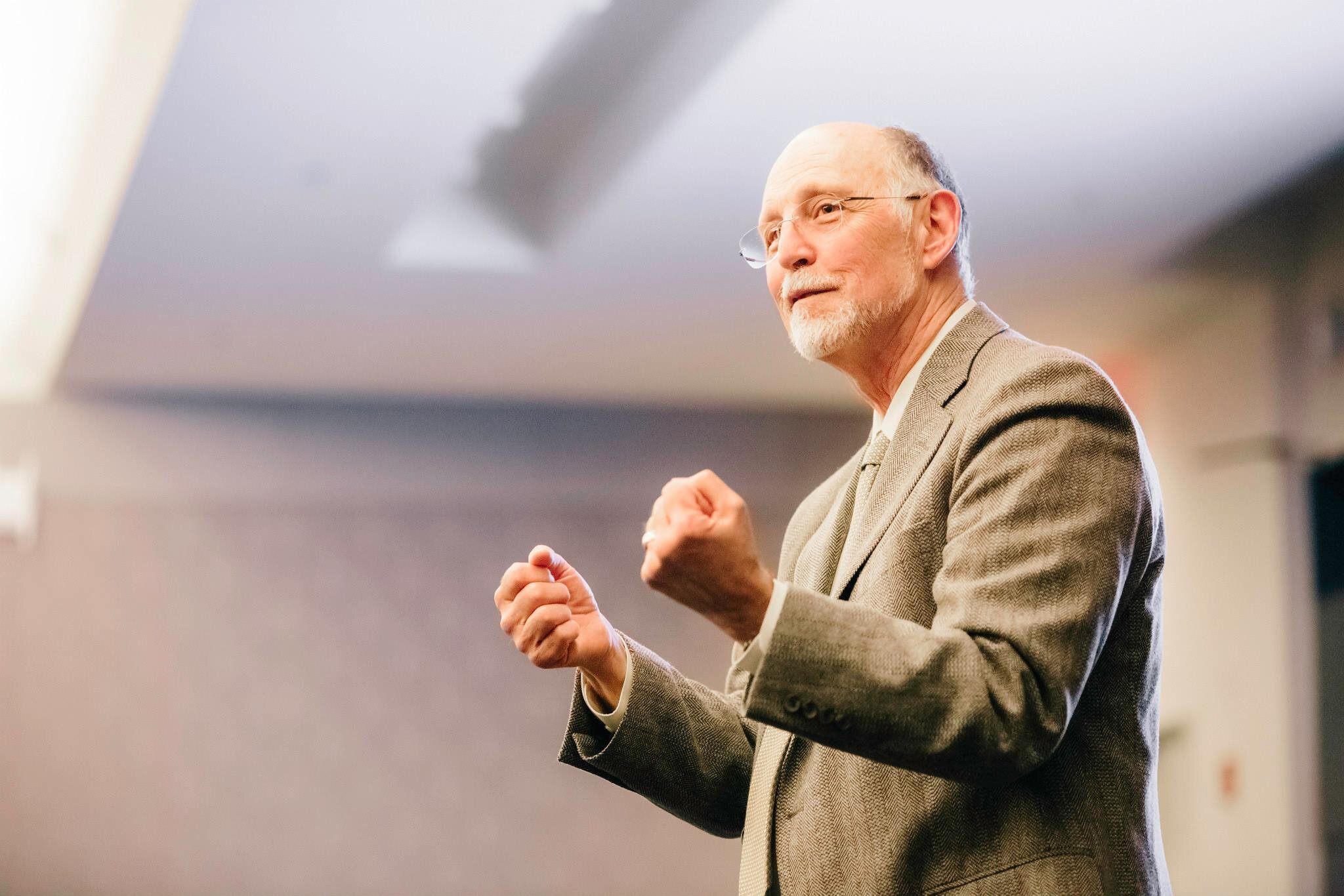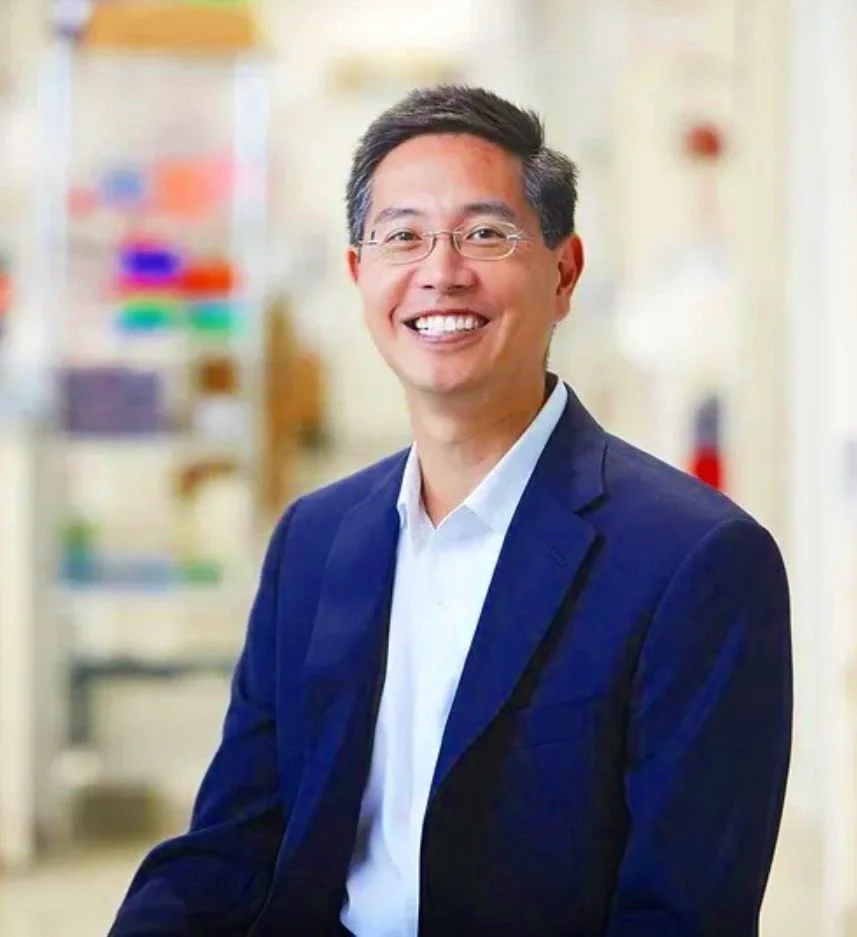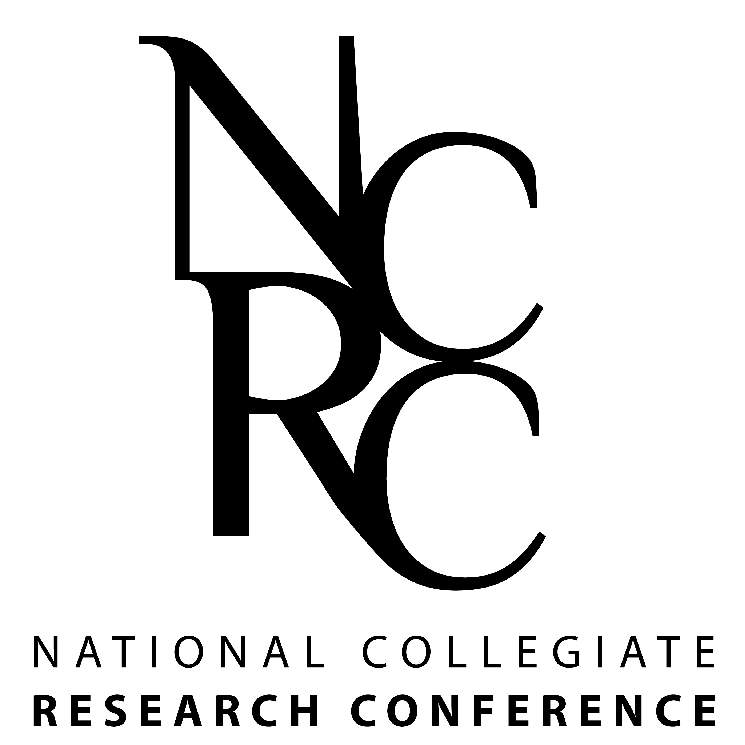
NCRC 2024
January 19-21, 2024 | Harvard University
Applications Closed.
Find our programming booklet here.

Nation’s Largest Student-Run Research Conference

Over 500 Students from 100+ Universities Across the World

World Leaders in Research
About the National Collegiate Research Conference
The National Collegiate Research Conference (NCRC) is a platform for undergraduates from across the nation to share their interest in research. We strongly believe that student researchers have the ability to make meaningful and significant contributions in all fields of study. Students are not only engaging in research earlier in their careers, but they are also participating in increasing numbers. In light of this positive growth, we have identified the urgent need for a cohesive undergraduate research community.
Since our founding, HURA has been dedicated to providing a platform for student researchers to share their work and research experiences. After several years of hosting local research fairs and symposia, in January 2012 HCURA launched the inaugural National Collegiate Research Conference (NCRC), inviting over 150 students from around the nation to present their research. In the six years since, NCRC has grown to become the largest student-run research conference in America.
This conference will bring together a host of budding minds and established researchers to expand upon this theme in a three-day dialogue to expose participants to the current research environment.
January 20-22 2023 | Harvard University
2024 Keynote Speakers
David R. Walt, Ph.D.
David R. Walt is the Hansjörg Wyss Professor of Bioinspired Engineering at Harvard Medical School, Professor of Pathology at Brigham and Women’s Hospital and Harvard Medical School, Core Faculty Member of the Wyss Institute at Harvard University, Associate Member at the Broad Institute, and is a Howard Hughes Medical Institute Professor. Walt is the Scientific Founder of Illumina Inc., Quanterix Corp., and has co-founded multiple other life sciences startups including Ultivue, Inc., Arbor Biotechnologies, Sherlock Biosciences, Vizgen, Inc., and Torus Biosciences. He has received numerous national and international awards and honors for his fundamental and applied work in the field of optical microwell arrays and single molecules including the 2023 National Academy of Engineering’s Fritz J. and Dolores H. Russ Prize and the 2021 Kabiller Prize in Nanoscience and Nanomedicine. His lab’s research focuses on creating and using novel technologies to solve unmet clinical diagnostics problems. He is a member of the U.S. National Academy of Engineering, the U.S. National Academy of Medicine, a Member of the American Philosophical Society, a Fellow of the American Academy of Arts and Sciences, a Fellow of the American Institute for Medical and Biological Engineering, a Fellow of the American Association for the Advancement of Science, a Fellow of the National Academy of Inventors, and is inducted in the US National Inventors Hall of Fame.
Christopher Chen, M.D., Ph.D.
Professor Chen holds the prestigious position of William Fairfield Warren Distinguished Professor at Boston University, where he serves as the Director of the Tissue Microfabrication Laboratory and is the Founding Director of the Biological Design Center. As a Paul G. Allen Distinguished Investigator, he has played a crucial role in advancing the field of engineered cellular microenvironments, unraveling the intricacies of how cells construct tissues. His research focus revolves around identifying the underlying mechanisms governing cell interactions with materials and each other in tissue formation. Professor Chen applies this knowledge to advance stem cell biology, tissue vascularization, connective tissues, and cancer research. Notably, he has earned various accolades, including the Presidential Early Career Award for Scientists and Engineers, the Angiogenesis Foundation Fellowship, and the Robert A. Pritzker Award.
His particular emphasis lies in tissue vascularization and growth, and he co-leads the 3D Organ Engineering Initiative at the Wyss Institute. Professor Chen’s educational journey includes an A.B. in Biochemistry from Harvard, an M.S. in Mechanical Engineering from MIT, and a Ph.D. in Medical Engineering and Medical Physics from the Harvard-MIT Health Sciences and Technology Program. He also holds an M.D. from Harvard Medical School.
Elizabeth Lunbeck, Ph.D.
She is a distinguished historian who specializes in the study of psychoanalysis and psychiatry with an interest in how the foundations of these subjects influence the modern self. Her influential work includes “The Psychiatric Persuasion,” which documented the history of psychiatry from an asylum-based practice to its current role in society, and “The Americanization of Narcissism,” tracing a history of the concept of narcissism and its urgency in American culture. For these works, she was awarded the John Hope Franklin Prize and Morris D. Forkosch Prize, and Courage to Dream Prize of the American Psychoanalytic Association, respectively. Currently, she is shaping the future of psychotherapy through her writing, addressing modern challenges such as pandemic practices and therapy access. Lunbeck’s impactful contributions have earned her recognition and awards in the social sciences field.






